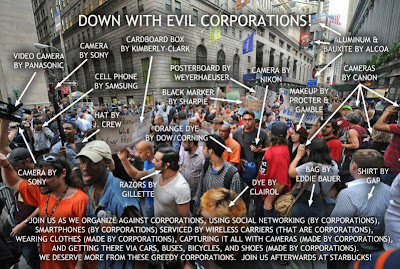What about women holding public office?
Christian women are admonished to be subject to their husbands. How would this affect a Christian woman holding political office? This is a bit problematic, isn’t it? Scripture and experience both teach us that God has created our very nature and relations as human beings with the need for a hierarchical order. This need is evident in the three basic institutions by which God has been pleased to organize society: the family, the church, and the State. There must be leaders who are held responsible by God for the accomplishment of his purpose in each of these institutions and who are consequently entrusted by God with authority to govern them. The Scriptures are equally clear that God has ordained men to be the head of each of these institutions. As Paul says in 1 Corinthians with respect to the home, “The head of a wife is her husband” (1 Cor. 11:3; cf. Eph. 5:22 -24; Col. 3:18; 1 Pet. 3:1-6). And with respect to the church, he instructs Timothy and Titus to appoint men ...

